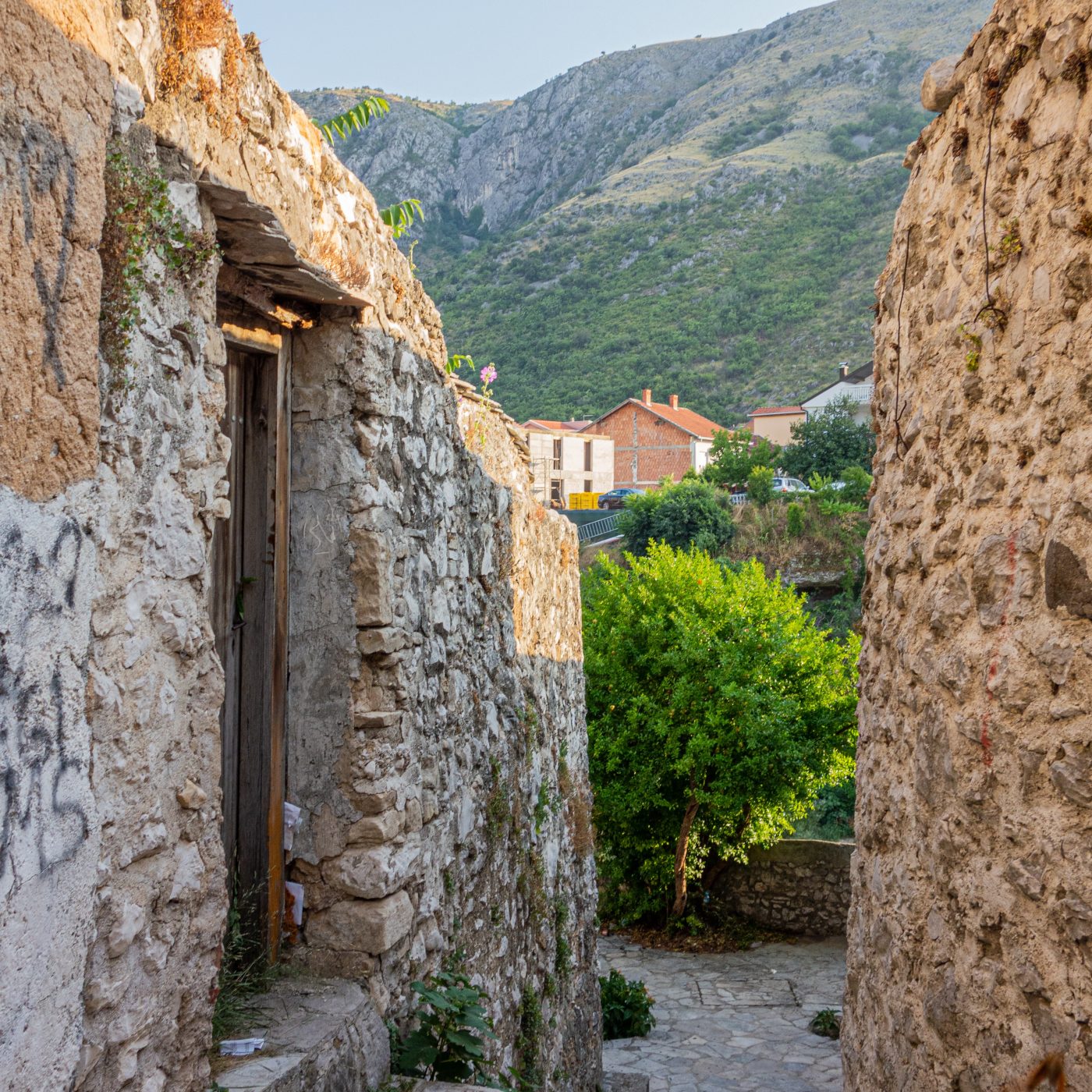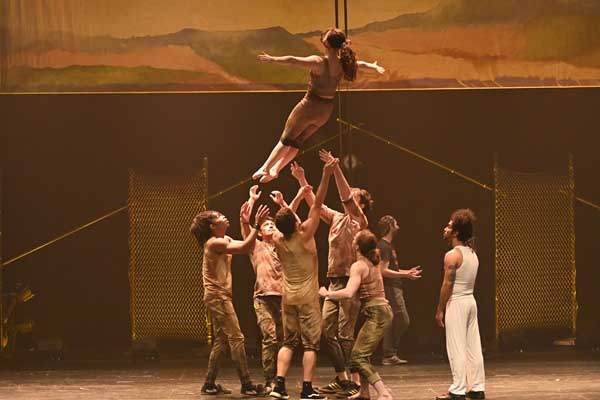Academic Programs
As an interdisciplinary and transdisciplinary center housed within the College of Arts + Architecture with strong ties to the College of Humanities, Earth, and Social Sciences, CHArt connects coursework and degree programs within both colleges. These include anthropology, history, public administration, public health, sociology, public administration, and education. CHArt also seeks to engage and support students and faculty from multiple graduate degree programs including the M.S. in Architecture – Critical Heritage Studies, M.A. in History – Public History, M.A. Interdisciplinary Studies, M.A. Anthropology, and M.P.A in Arts Administration.

Architecture, m.s. – critical heritage concentration
Graduate Program Director: Dr. Emily Makas (Architecture) – emakas@charlotte.edu

history, m.a. – public history concentration
Program Director: Dr. Tina Shull (History) – tina.shull@charlotte.edu

INTERDISCIPLINARY STUDIES, m.A.
Graduate Program Director: Dr. Vaughn Schmutz (Sociology) – vaughn.schmutz@charlotte.edu

ANTHROPOLOGY, m.a.
Graduate Program Director: Dr. Sara Juengst (Anthropology) – sjuengst@charlotte.edu

arts administration, m.P.a.
Graduate Program Director: Suzanne M. Leland (Public Administration) – smleland@charlotte.edu
dual degree options
Students can choose to combine the MS in Architecture with a second master’s degree to enhance their interdisciplinary educational path. Options include the following.
- MS Architecture – Critical Heritage / MA History – Public History
- MS Architecture – Critical Heritage / Master of Architecture
- MS Architecture – Critical Heritage / Master of Urban Design
- MS Architecture – Critical Heritage / MA Anthropology
Future degree programs
M.F.A – Community Center Practices

The proposed MFA will provide cultural leadership and community engagement opportunities unique to UNC Charlotte’s urban research mission and unique within the UNC System. Community-engaged art, or in the case of our proposed MFA – community-centered art practice – as defined by the Center for Performance and Civic Practice, believes that with the right approach, the same tools and capacities that artists use to make meaningful art can be utilized to transform systems and improve the impacts of government and community-driven efforts and programs. In this work artists center civic practice as action, and propel projects that bring artists into collaboration and co-design with community partners and local residents around a community-defined aspiration, challenge, or vision.